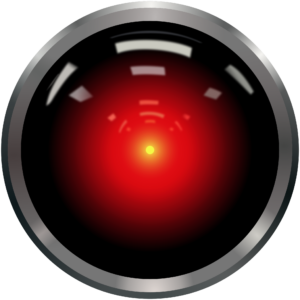
They’re even said to be “scheming.”
This should surprise no one. But let’s see if it can be explained in words of one syllable that geniuses might understand.
First, computers aren’t human. They lack the context to tell truth from fiction. Their responses to queries can be based only on the data and software they’re using at the time. That means the rule of GIGO – Garbage In, Garbage Out – still applies.
Second, computers are programmed by humans. People lie all the time. There are lies in the data. Programmers also tell lies in their programming. Their biases go into the code, both consciously and unconsciously. The people who don’t understand that have been listening to Donald Fagan’s I.G.Y. too often.
Just a machine to make big decisions
Programmed by fellows with compassion and vision
We’ll be clean when their work is done
We’ll be eternally free, yes, and eternally young
This reminds me about how we mishear Randy Newman’s classic Short People. In Newman’s case they ignore the bridge. “Short people are just the same as you and I (A fool such as I). All men are brothers until the day they die (It’s a wonderful world.)” In Fagan’s case they ignore the whole damn song.
The Irony

After November, I’m no longer able to say with confidence that if you get everyone together, with all our biases, weaknesses, and strengths, call it democracy, and choose the path the majority selects, that we’ll get anything approaching wisdom. The result will more likely be the sum of our collective biases. But if you leave it up to one person, or one computer, you’re just going to get their individual biases.
How we remove bias from our world, let alone AI, is a mystery. Marcus concludes, “The longer we delay in regulation, the more risk we are incurring.” I’m not willing to leave AI’s future up to David Sachs, thank you very much.
If you have an answer, e-mail me.










